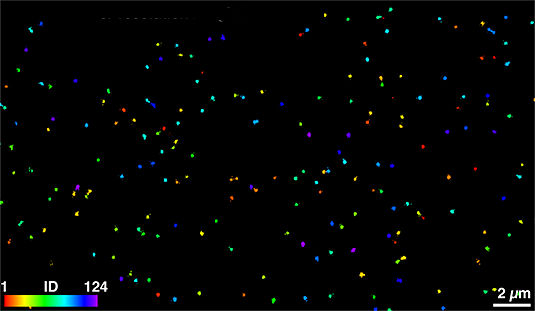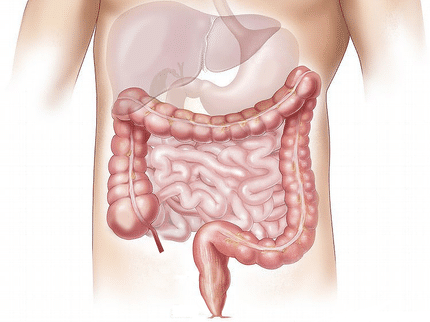Insufficient insulin processing leads to overweight
The finding opens up new therapeutic possibilities
overweight increases the risk of an imbalance in sugar metabolism and even of diabetes. A research group at the University of Basel has now shown the opposite is true as well: deficits in the body’s insulin production contribute to overweight.

A vicious circle: obesity increases the risk of diabetes, and errors in insulin processing lead to obesity (symbolic image).
Unsplash
Poor nutrition, too little movement and too many pounds on the scale – lifestyle influences the risk of metabolic diseases like diabetes. But the relationship works the other way round as well, as a research group led by Dr. Daniel Zeman-Meier of the university’s Department of Biomedicine and the University Hospital of Basel reports. If insulin production is compromised, as is the case in the early stages of type 2 diabetes, this can contribute to overweight. The researchers report their findings in the journal Nature Communications.
When hormone activation goes awry
The research team focused on protease PC1/3, a key enzyme in the body that transforms various inactive hormone precursors into the final, active forms. If this enzyme isn’t functioning properly in a person, the result can be severe endocrine disorders. The consequences include a feeling of uncontrollable hunger and severe overweight.
“Until now, it was assumed that this dysregulation is caused by a lack of activation of satiety hormones,” explains the study's leader, Dr. Zeman-Meier. “But when we turned off PC1/3 in the brains of mice, the animals’ body weight did not change significantly.” The researchers concluded from this that something other than a brain malfunction must be responsible.
Incorrect activation of insulin leads to hunger
In their next step, they tested whether overweight could be caused by incorrect activation of other hormones. PC1/3 activates insulin, among other things. Insulin plays a key role in the regulation of blood sugar and fat metabolism. “Investigating the role of insulin production as a cause of overweight was obvious,” says Dr. Zeman-Meier. The researchers shut off PC1/3 specifically in the insulin-producing beta cells of the pancreas in mice. The animals consumed significantly more calories and soon became overweight and diabetic.
An important mechanism in humans
“These results are also interesting because PC1/3 is reduced in the pancreas of patients with prediabetes,” says Professor Marc Donath, the research group leader and final author of the study. This indicates that incorrect insulin activation could be not only a consequence, but also a cause of overweight.
But PC1/3 is also important in the weight regulation of healthy individuals, Donath emphasizes. The researchers were able to show that the gene expression of PC1/3 in the pancreas is negatively correlated with body weight in the general population – meaning that sufficient PC1/3 promotes a healthy body weight.
The finding that a defect in the insulin-producing beta cells is a trigger of overweight opens up new therapeutic possibilities. For example, it is conceivable that medications could be used to reduce the production of immature insulin precursors, creating a new tool in the fight against overweight and diabetes.
Original publication
Daniel Meier, Leila Rachid, Sophia Wiedemann, Shuyang Traub, Kelly Trimigliozzi, Marc Stawiski, Loïc Sauteur, Denise Winter, Christelle Le Foll, Catherine Brégère, Raphael Guzman, Alex Odermatt, Marianne Böni-Schnetzler und Marc Y. Donath; Prohormone convertase 1/3 deficiency causes obesity due to impaired proinsulin processing; Nature Communications (2022)
Most read news
Original publication
Daniel Meier, Leila Rachid, Sophia Wiedemann, Shuyang Traub, Kelly Trimigliozzi, Marc Stawiski, Loïc Sauteur, Denise Winter, Christelle Le Foll, Catherine Brégère, Raphael Guzman, Alex Odermatt, Marianne Böni-Schnetzler und Marc Y. Donath; Prohormone convertase 1/3 deficiency causes obesity due to impaired proinsulin processing; Nature Communications (2022)
Organizations
Other news from the department science

Get the life science industry in your inbox
By submitting this form you agree that LUMITOS AG will send you the newsletter(s) selected above by email. Your data will not be passed on to third parties. Your data will be stored and processed in accordance with our data protection regulations. LUMITOS may contact you by email for the purpose of advertising or market and opinion surveys. You can revoke your consent at any time without giving reasons to LUMITOS AG, Ernst-Augustin-Str. 2, 12489 Berlin, Germany or by e-mail at revoke@lumitos.com with effect for the future. In addition, each email contains a link to unsubscribe from the corresponding newsletter.
Most read news
More news from our other portals
Last viewed contents

Structure of wheat immune protein resolved - Important tool in the battle for food security
Study outlines risk factors for poor outcome, mortality following hip fracture - Commencing surgery sooner may alleviate hip fracture complications

Mobile phone use may affect semen quality - Is 4G less harmful than 2G?
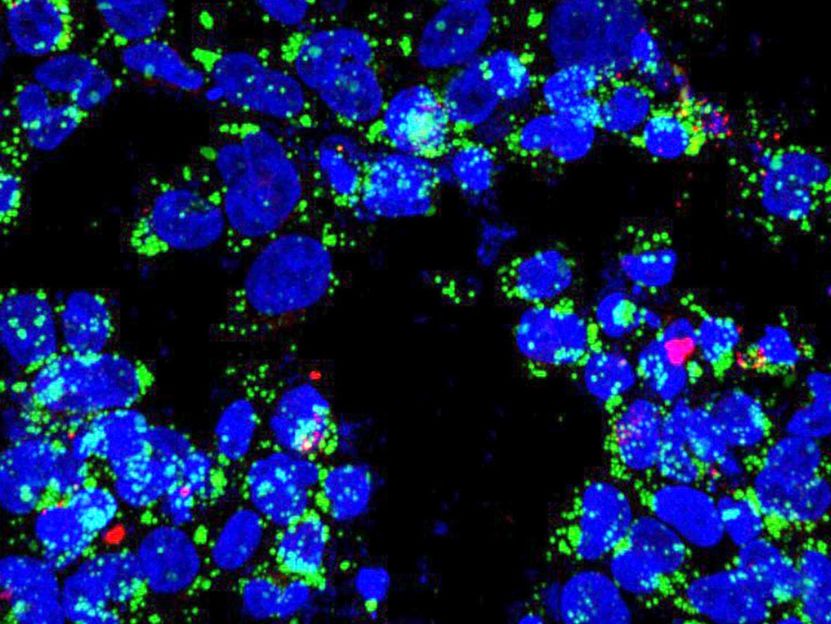
New theorem helps reveal tuberculosis' secret
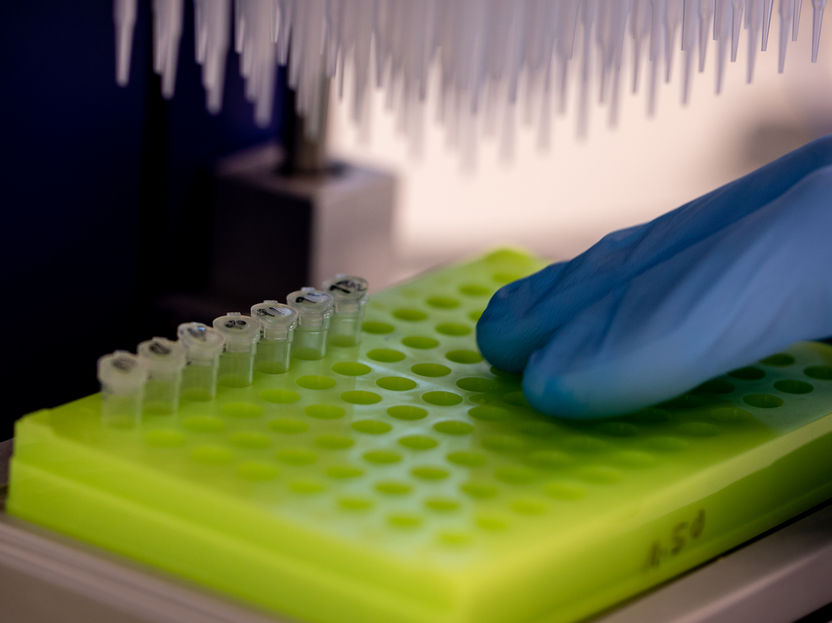
FLAM-seq: the full picture of messenger RNA and their tails
Alligator Bioscience to Receive USD 6 Million Milestone Payment from Janssen
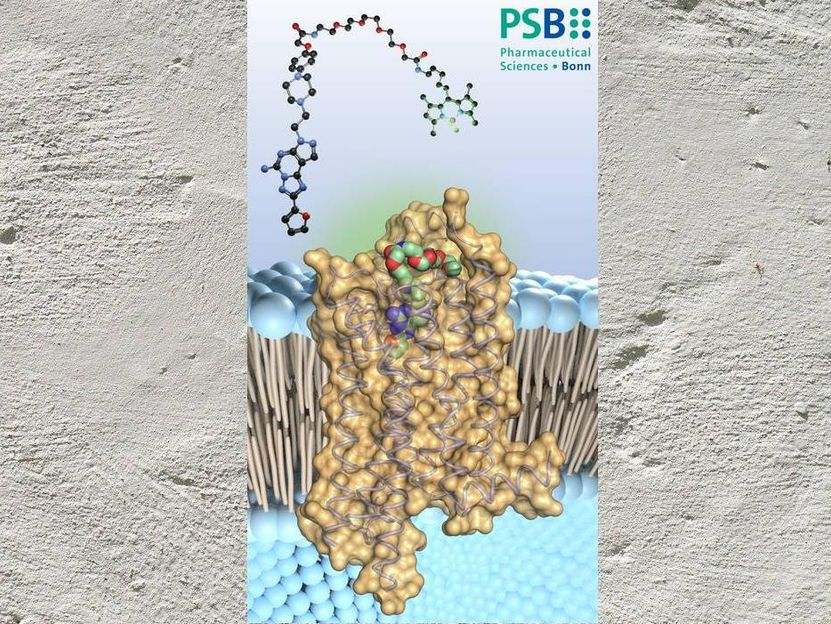
Study shows how bioactive substance inhibits important receptor - Results from the University of Bonn raise hope for new drugs against cancer and brain diseases
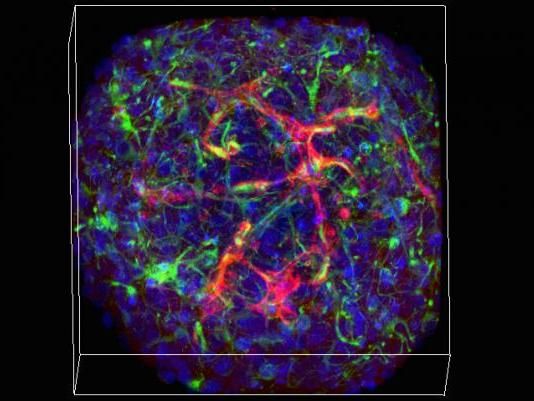
With mini-vessels, mini-brains expand research potential

Scientists engineer new potent antibiotic - Darobactin 22 could have the potential to become the next antibiotic superstar

How biofuels from plant fibers could combat global warming

DNA Chips as Storage Media of the Future
